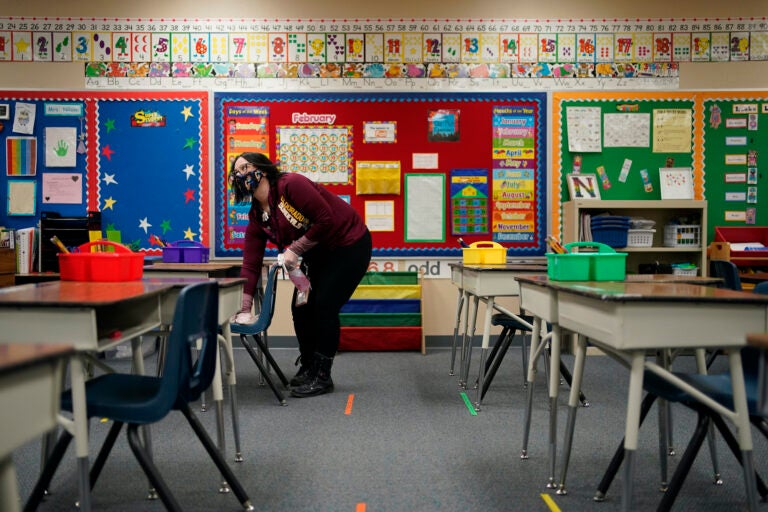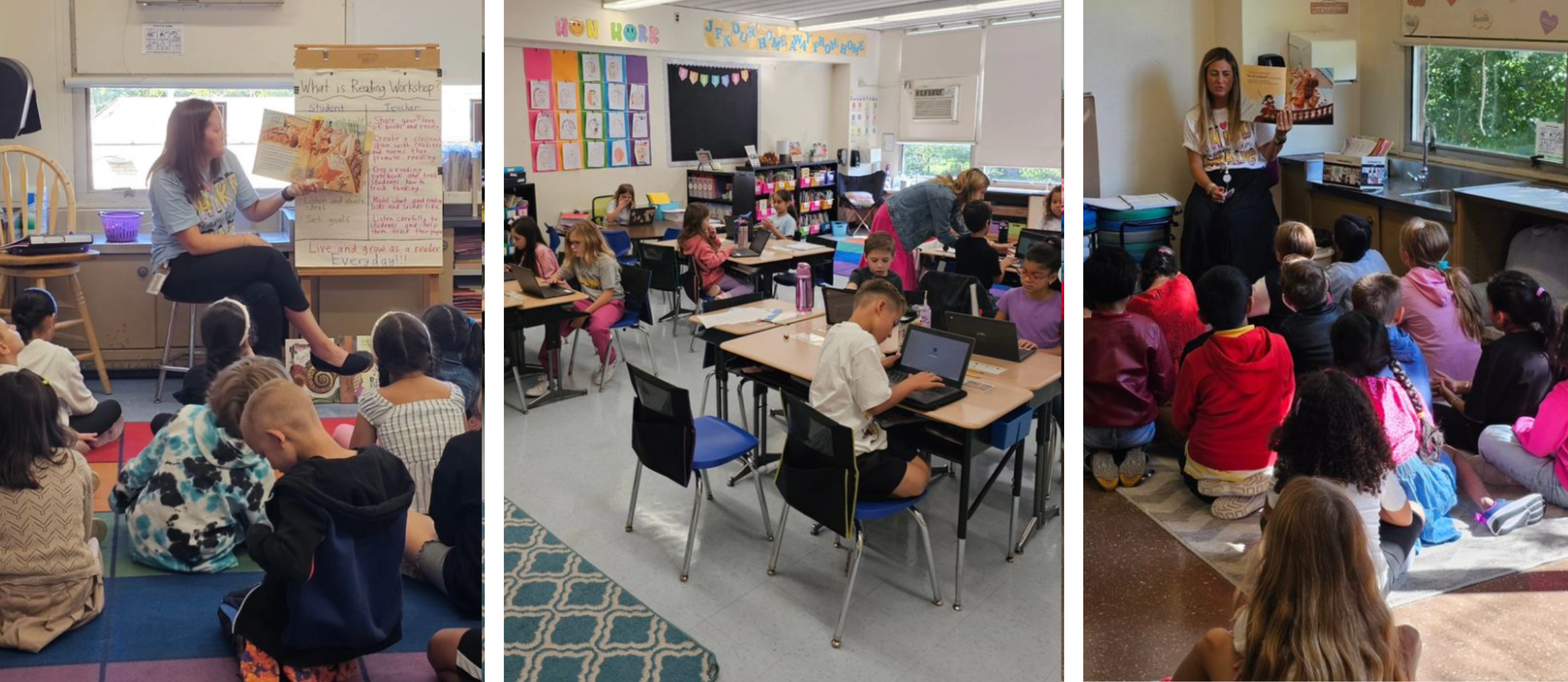Discover the Conveniences of Campaigning For: Save Temecula Schools
Wiki Article
Recognizing the Significance of Colleges in Kid Growth and Community Development
Schools function as crucial organizations for youngster development and neighborhood development, providing atmospheres where scholastic accomplishments are complemented by the farming of social skills and exposure to varied perspectives. These academic setups not only promote essential thinking and efficient interaction but likewise foster compassion through collaborative projects. Additionally, colleges' engagement with regional neighborhoods via service-learning initiatives enhances the bond in between families and schools. This cooperative partnership emphasizes the significance of schools in nurturing active citizenship and long-lasting knowing practices. What are the specific devices by which these establishments achieve such extensive effects?Academic Achievement
Academic accomplishment works as a cornerstone of youngster growth, offering the structure whereupon future knowing and success are developed. Schools play a pivotal duty in fostering this scholastic growth, offering organized environments where youngsters can obtain important expertise and cognitive skills. Standard educational program ensure that pupils gain proficiency in core topics such as maths, scientific research, and language arts, which are vital for both higher education and learning and professional possibilities.In enhancement to imparting basic scholastic skills, colleges additionally grow vital thinking, analytical capacities, and intellectual inquisitiveness. These cognitive proficiencies are essential for browsing intricate real-world situations and adjusting to the ever-evolving demands of the contemporary office. Teachers, as facilitators of discovering, employ diverse pedagogical approaches to deal with varied discovering designs, thus taking full advantage of individual pupil potential.
Furthermore, scholastic success is carefully linked to self-confidence and motivation. Kids that experience academic accomplishments are much more most likely to create a positive self-concept and a long-lasting passion for knowing. Schools additionally provide different sources, such as libraries and technology, which even more enhance the academic experience and prepare students for a highly sophisticated society.
Social Skill Growth
Beyond scholastic success, the function of colleges in social ability growth is crucial. Schools work as a main venue for youngsters to find out and exercise essential social abilities such as conflict, participation, and communication resolution. In the organized setting of a class, pupils connect with peers, educators, and various other college staff, offering countless chances to create these essential capacities.Efficient social ability growth in institutions is helped with through group tasks, collective projects, and extracurricular programs. These interactions assist students recognize social norms, build empathy, and cultivate a sense of area. Group assignments educate pupils just how to work with each other towards an usual objective, listen to various viewpoints, and navigate disputes constructively.

The growing of social skills during academic year lays a structure for future personal and professional relationships. Save Temecula Schools. As students mature, the capacity to properly team up and connect becomes significantly important, underscoring the college's important function in alternative child advancement
Exposure to Variety
Direct exposure to variety in institutions is essential to promoting a comprehensive attitude and widening pupils' perspectives. Schools serve as a microcosm of the broader culture, and running into varied societies, languages, and socioeconomic histories within this environment equips students with important abilities for navigating a progressively globalized world. This exposure motivates compassion, lowers bias, and advertises shared respect among peers.Diverse classrooms also improve cognitive and social advancement. Research indicates that students who communicate with peers from varied backgrounds exhibit much better problem-solving skills and creative thinking. They find out to value various point of views, which enhances class discussions and fosters an extra vibrant knowing experience. This understanding of variety prepares students for future workplaces that worth modern competence.

Neighborhood Interaction
The advantages of varied class extend beyond the institution walls, promoting a solid sense of community engagement among students. By communicating with peers from different social, socioeconomic, and ethnic histories, pupils obtain a broader perspective and an admiration for variety. This direct exposure urges them to come to be energetic people who agree to add favorably to their areas.Colleges that stress community engagement usually include service-learning tasks, which allow trainees to deal with real-world problems while applying scholastic abilities. These projects not just boost trainees' understanding of their coursework however likewise impart a sense of responsibility and empathy. Collaborations in between colleges and regional organizations give trainees with opportunities to participate in area events, further strengthening their function as aggressive neighborhood participants - Save Temecula Schools.
Furthermore, parental and area participation in institutions reinforces the bond between schools and the communities they serve. When colleges open their doors to community occasions, read review workshops, and volunteer opportunities, they develop a joint atmosphere that profits all stakeholders. This mutual support system makes certain that trainees obtain all natural growth, preparing them to end up being well-rounded individuals that value and contribute to their communities. With these initiatives, colleges play a crucial function in supporting community interaction and cultivating social growth.
Lifelong Knowing Practices
Developing lifelong learning habits is crucial for a youngster's constant development and flexibility in an ever-changing world. Schools play a crucial function in instilling these practices by creating a setting that fosters inquisitiveness, critical thinking, and a love for expertise. Through diverse curricula and extracurricular activities, instructors urge pupils to discover different topics, examine info critically, and apply their learning to real-world situations.
Moreover, institutions offer an organized setting where children can establish self-control and time administration abilities, both of which are essential for constant understanding. By emphasizing the value of establishing goals, showing on development, and adjusting strategies, schools prepare students to browse the complexities of adult life, guaranteeing they continue to be lifelong students and factors view publisher site to culture.
Conclusion
In verdict, institutions are vital in fostering child advancement and community development by supplying environments conducive to scholastic success, social skill development, and direct exposure to diversity. Inevitably, institutions grow long-lasting discovering practices, outfitting people with the necessary expertise and abilities to contribute favorably to society.In the structured environment of a class, students engage with peers, educators, and other college team, supplying numerous chances to create these vital capacities.
In essence, direct exposure to diversity within institutions not just enriches private pupils yet additionally strengthens the social material of the area as a whole.
The advantages of diverse classrooms expand beyond the college wall surfaces, fostering a strong feeling of area interaction among trainees.Institutions that stress area engagement commonly integrate service-learning jobs, which permit pupils to address real-world problems while using academic skills. Partnerships between institutions and regional organizations give students with opportunities to participate in area events, further solidifying their duty as proactive community members.
Report this wiki page